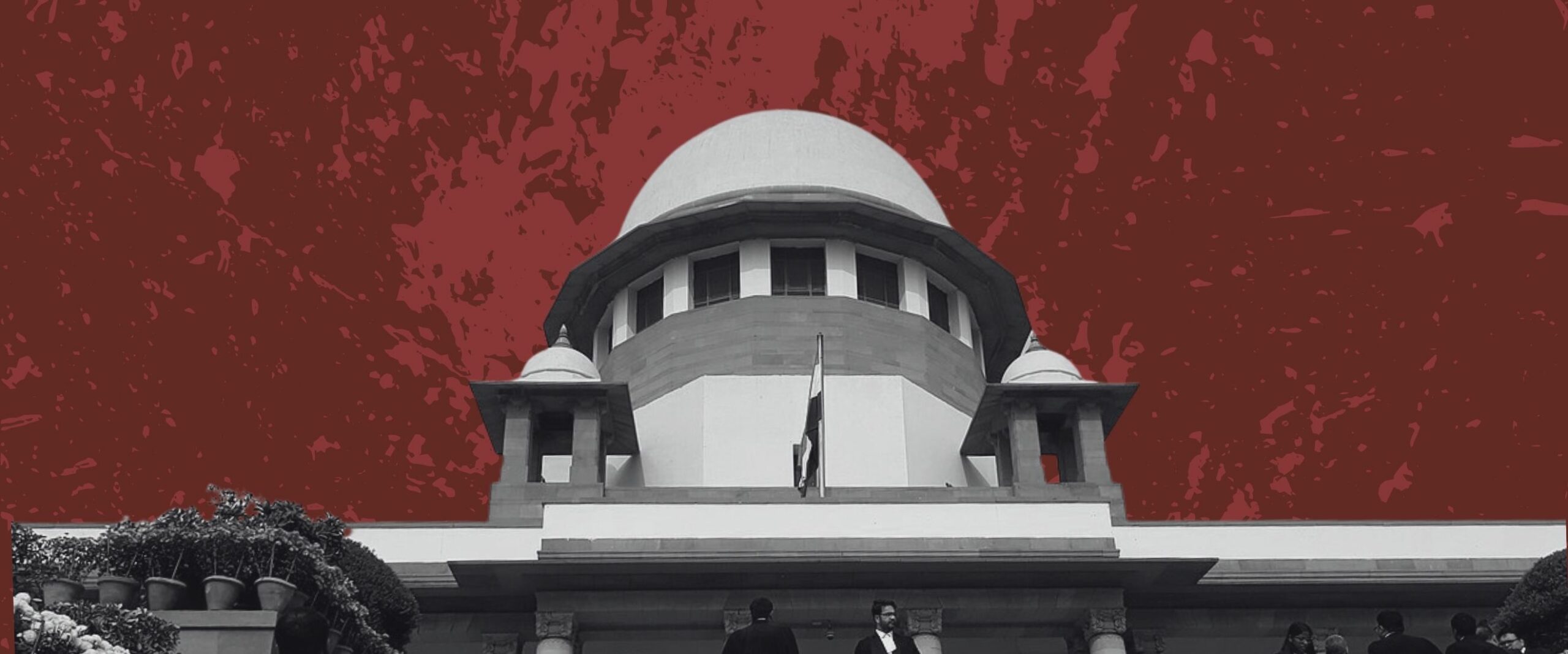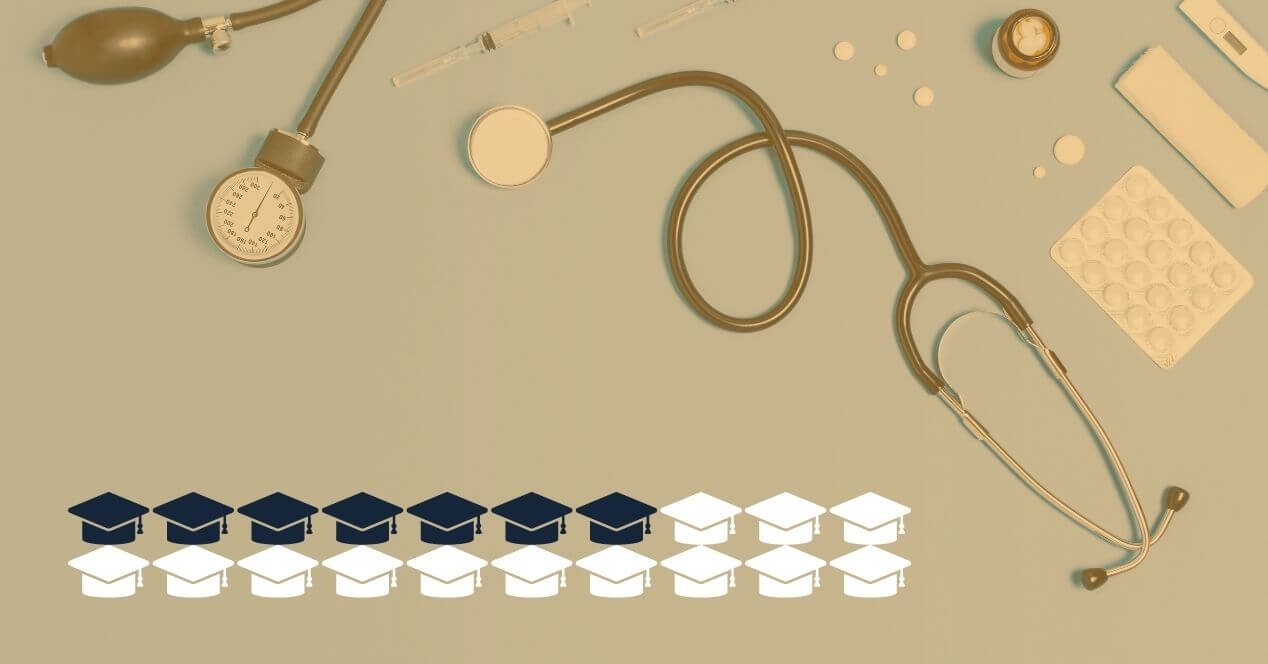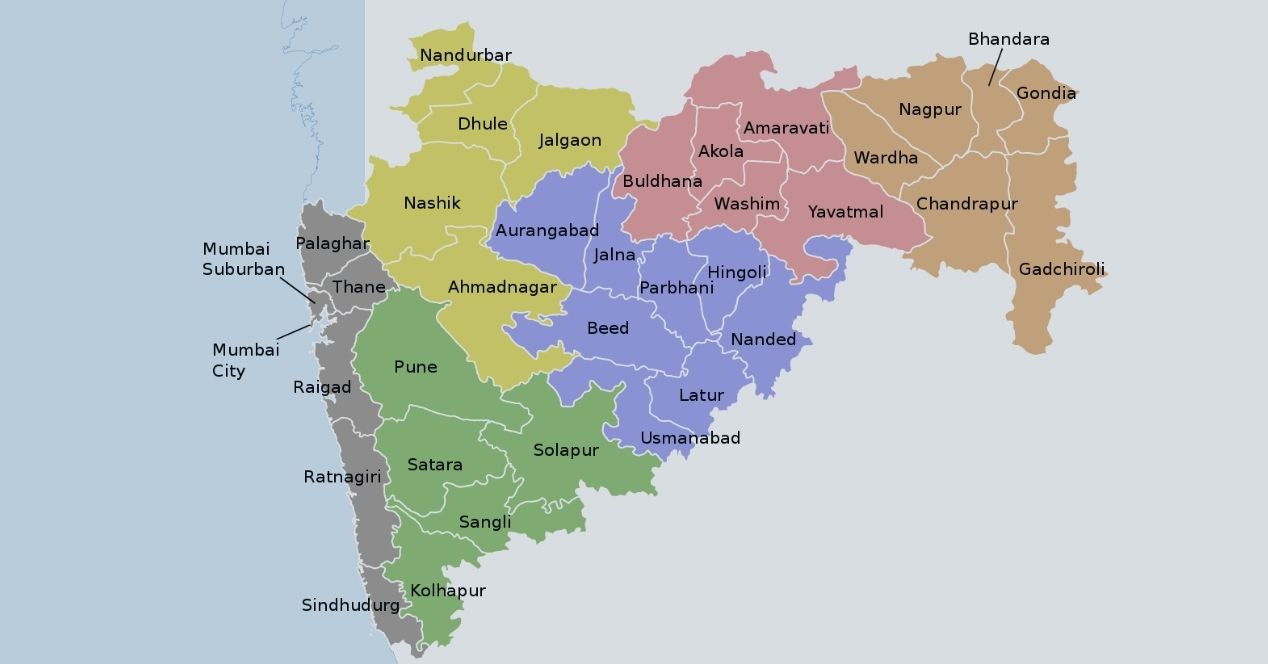Analysis
Key SC Judgments January 2022
The SC delivered significant judgments on reservations and the suspension of MLAs from Legislative Assemblies.

The resurgence of the COVID-19 pandemic in early January pushed the Supreme Court to shift to virtual hearings. Nevertheless, the month marked an eventful start to the year, with the Court delivering three noteworthy judgments—two in the past week alone.
On January 19th 2022, Justices D.Y. Chandrachud and A.S. Bopanna delivered a Judgment elucidating their earlier decision to permit reservations for OBC candidates within the All-India Quota for PG NEET medical admissions.
Doctors and NEET aspirants opposing these reservations had argued that admissions to specialised PG courses must be based on merit and open competition. The Judgment re-emphasized the Court’s stance that reservations do not erode merit, and that reservations in fact further substantive equality.
On the same day, the Court issued an Interim Order briefly explaining its reluctance to tamper with the income criteria of Rs. 8 lakhs for EWS eligibility in the coming admissions cycle. The Interim Order stated that given the urgent need for doctors to counter the Third Wave of the pandemic, making amendments to the EWS criteria for the 2021 admissions cycle would be imprudent.
The Bench expressed some concerns about the Union Government’s method in evolving the Rs. 8 lakh income criteria. Whether this income criteria will prevail for future iterations of PG NEET admissions will be decided by the Court after further arguments on the matter in March this year.
On January 28th, Justices Nageswara Rao, Sanjiv Khanna and B.R. Gavai delivered a Judgment stressing the need for State governments to use quantifiable data to justify reservations in promotions for SC/ST candidates. This Judgment clarified a few questions raised by State governments about the implementation of the Court’s 2018 judgment in Jarnail Singh (2018).
The January 2022 Judgment clarified that reservations policies must be crafted on the basis of data showing inadequate representation in a particular post, and not the service as a whole. Justice Nageswara Rao, writing for the Bench, further stated that States governments must review data within a reasonable period of time to assess if the need for reservation in promotions had lapsed.
Justice Rao noted that the Court was not empowered to determine the yardstick for inadequacy of representation—this yardstick was to be determined by the State governments.
In a Judgment authored by Justice Khanwilkar, the Supreme Court held that the Maharashtra Legislative Assembly’s Resolution suspending 12 BJP MLAs for one year was illegal, unreasonable and unconstitutional, allowing the MLAs to return to the Maharashtra Legislative Assembly.
According to the Court, the suspension of the MLAs endangered democratic principles as the MLAs’ constituencies remained without representation for over a year. The Bench held that the Legislative Assembly could suspend the MLAs only for the limited period necessary to restore order in the House. Expulsion of the MLAs was in fact considered preferable to prolonged suspension, as if the MLAs had been expelled, the vacant seats would have been filled through elections.




